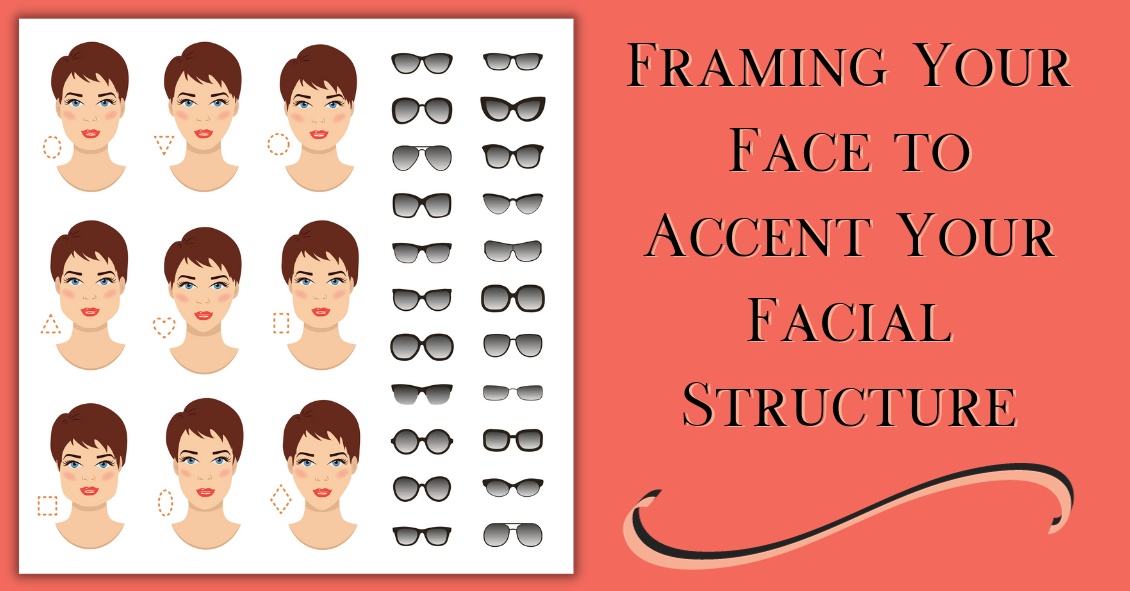Blog
Fireworks Eye Injuries Have Skyrocketed in Recent Years
Fireworks sales are exploding across the country through the Fourth of July. As retailers are blazing their promotions, we and the AAO are shining a light on this explosive fact--the number of eye injuries caused by fireworks has rocketed in recent years.
Fireworks injuries cause approximately 15,600 emergency room visits each year, according to data from the U.S. Consumer Product Safety Commission. The injuries largely occurred in the weeks before and after the Fourth of July. The CPSC’s fireworks report showed that about 2,340 eye injuries related to fireworks were treated in U.S. emergency rooms in 2020, up from 600 reported in 2011.
To help prevent these injuries, the Academy has addressed four important things about consumer fireworks risks:
- Small doesn’t equal safe. A common culprit of injuries are the fireworks often handed to small children – the classic sparkler. Many people mistakenly believe sparklers are harmless due to their size and the fact they don’t explode. However, they can reach temperatures of up to 2,000 degrees – hot enough to melt certain metals.
- Even though it looks like a dud, it may not act like one. At age 16, Jameson Lamb was hit square in the eye with a Roman candle that he thought had been extinguished. By age 20, Lamb had gone through multiple surgeries, including a corneal transplant and a stem cell transplant to try to restore partial vision to the eye.
- Just because you’re not lighting or throwing it doesn’t mean you’re out of the firing line. An international study of fireworks-related eye injuries showed that half of those hurt were bystanders. The researchers also found that one in six of these injuries caused severe vision loss.
- The Fourth can be complete without using consumer fireworks. The Academy advises that the safest way to view fireworks is to watch a professional show where experts are controlling the displays.
If you experience a fireworks eye injury:
- Seek medical attention immediately.
- Avoid rubbing or rinsing the eyes or applying pressure.
- Do not remove any object from the eye, apply ointments, or take any pain medications before seeking medical help.
Watch the AAO’s animated public service announcement titled “Fireworks: The Blinding Truth.”
Article contributed by Dr. Brian Wnorowski, M.D.
This blog provides general information and discussion about eye health and related subjects. The words and other content provided in this blog, and in any linked materials, are not intended and should not be construed as medical advice. If the reader or any other person has a medical concern, he or she should consult with an appropriately licensed physician. The content of this blog cannot be reproduced or duplicated without the express written consent of Eye IQ.
Choosing a new pair of eyeglasses can be a daunting task.
Making a decision on what style glasses you will be wearing for the next year until your vision is checked again can be stressful. This is one of the many reasons opticians are here for you. In many ways, this may be the most important task for the optician, because keeping you happy with the way you look motivates you to wear your glasses daily.
Most people’s reaction is to play it safe with new glasses and stick with something relatively similar to what they are currently wearing.
While not necessarily a bad decision, this isn’t something opticians try to promote. Opticians often spend time meeting with frame representatives and browsing the Internet to keep up with the ever-changing trends in the world of eyeglass frames. And it’s a great feeling to successfully “update” your image with a new set of frames. Many patients are amazed at the difference a well-fit and -styled pair of glasses makes on their overall look.
There are many simple tips and tricks to consider when starting to browse for your next pair of frames.
The goal of this article is to improve your starting point when beginning to choose frames. That way, once the optician gets involved, the process is already well under way. Keep in mind that these are guidelines and “outside the box” thinking can be good as long as it fits within the required parameters of your prescription.
The first step is successfully identifying what face shape category you seem to fit into.
This image shows the most common face-shape categories. The following is a general guideline to help decide which frames will most likely appear to fit the best.
Oval - Oval faces are considered to be the “most versatile” because most frame styles and sizes fit well on this face type. As a general rule, and especially for oval faces, avoid choosing frames that extend past the widest part of your face. Stick with moderate-sized frames.
Upside Down Triangle - To even out the proportions of this face shape, choosing semi-rimless frames is always a positive. Less attention to the bottom half of the frame helps enhance the natural curves of this face shape. Frames that stay wide at the bottom and do not taper inward will also help even out this face.
Oblong - Being longer than it is wide, this face shape enjoys having larger frames on it. A lower bridge will help shorten the nose, and solid dark colors are a positive as well.
Square - A strong jaw line is the focus of this face shape, so to work with that, choosing smaller, narrow frames is a positive. Ovals and rounds work better than squares.
Diamond - Broad cheekbones are the focal point of this face shape. Being quite rare, the best style of frames to put on these faces are in the cat eye family. Following the face’s contours, flare-top frames, semi-rimless frames, and fun colors tend to work well with this shape.
Round - Rectangular frames work best on round faces. Wide bridges help separate the eyes and bring symmetry to the face. Make sure the frames are wider than they are deep.
Triangle - Cat eye frames work exceptionally well with this face shape also. Frames that have a lot of style and accents to the upper part of the frames and temples are a plus as this brings attention to the naturally narrow forehead.
Along with shapes and styles, some believe that certain colors work best with certain faces.
All people are considered to have either cool (blue) or warm (yellow) skin tones. Some people feel customers should stick within their family of coloring. Again this is only a recommendation since you should wear what you like. This is just strictly a guideline for those struggling to choose a frame for themselves. Based on experience, eye color can make a difference as well. People with lighter eyes tend to prefer lighter frame colors, and vice versa for people with darker eyes. Also, hair color can be considered. Patients with lighter or grey hair tend to shy away from darker frames unless looking to make a statement.
At the end of the day you have to choose what is most comfortable for you. Opticians’ suggestions and educated opinions can help steer you in the right direction. There is much to consider, but always keep in mind that comfort and functionality are the priorities.
Some people believe plastic or zyl frames are more comfortable than metal or semi-rimless. Having nose pads, metal frames feel “heavy” to some. Others cannot wear plastic due to oily skin. Plastic frames may slide as the day progresses so metal may be better suited.
Don’t be overwhelmed. Follow some simple guidelines, and remember to enjoy the process. There are infinite styles and options to get you seeing well and looking great. And while you’re considering lenses for your regular lenses, don’t forget to look for sunglasses frames!
Article contributed by Richard Striffolino Jr.
This blog provides general information and discussion about eye health and related subjects. The words and other content provided in this blog, and in any linked materials, are not intended and should not be construed as medical advice. If the reader or any other person has a medical concern, he or she should consult with an appropriately licensed physician. The content of this blog cannot be reproduced or duplicated without the express written consent of Eye IQ.



